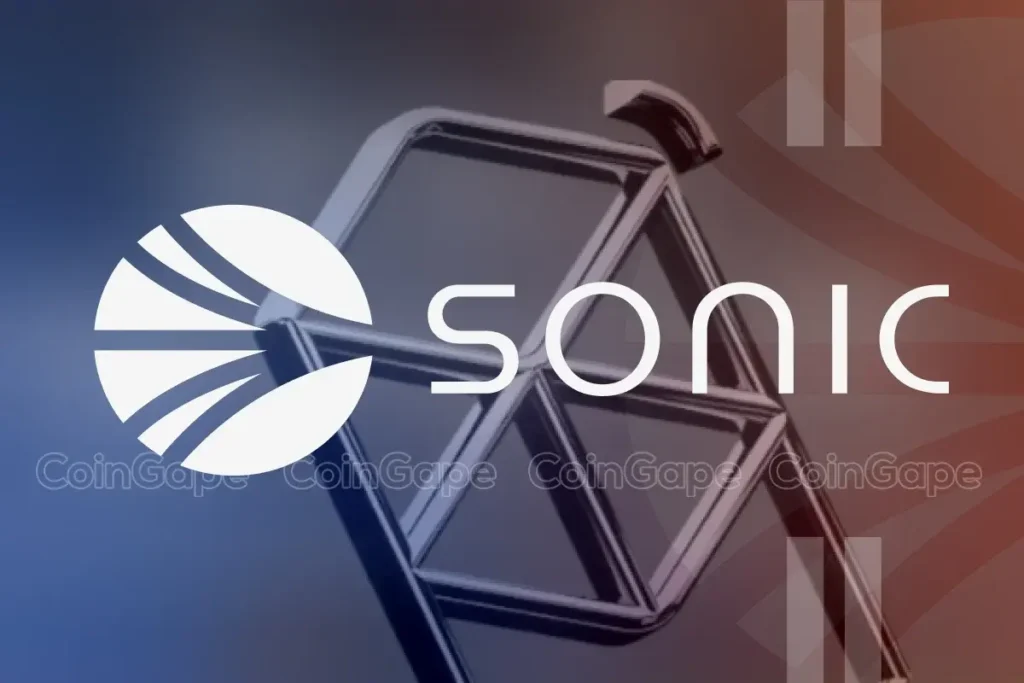Sonic Labs Abandons Algorithmic USD Stablecoin Amidst Regulatory Shifts
In a swift turn of events, Sonic Labs has decided to halt its plans for an algorithmic USD stablecoin, just days after initially announcing them. This strategic shift is largely attributed to heightened regulatory scrutiny surrounding stablecoins in the United States. Co-founder Andre Cronje took to social media platform X to clarify this change of direction, emphasizing that emerging regulations are a key factor in their decision-making process.
The announcement came on the heels of Congress unveiling the full draft of the STABLE Act. This legislation aims to provide clear guidelines for stablecoin oversight and includes a proposed two-year moratorium specifically targeting algorithmic stablecoins. These types of cryptocurrencies, unlike traditional stablecoins that are backed by physical assets or fiat currencies, use smart contracts to maintain their value peg. The collapse of Terra’s ecosystem in 2022, which was triggered by the de-pegging of its algorithmic stablecoin, TerraUSD (UST), has made regulators particularly wary of these models.
“We will no longer be releasing a USD-based algorithmic stablecoin,” Cronje stated, signaling a departure from their initial vision. Interestingly, despite this change, some community members offered playful suggestions on how Sonic Labs might navigate the impending regulations. One idea floated was to launch an algorithmic stablecoin before the new rules come into effect, while Cronje humorously mentioned the possibility of an algorithmic dirham pegged to the USD.
As Sonic Labs recalibrates its strategy, other players within the stablecoin ecosystem are also bracing for the implications of the forthcoming regulations. Multiple bills, including the GENIUS Act and the STABLE Act, are making their way through the legislative process in the U.S., and both emphasize the necessity for stablecoins to maintain a 1:1 reserve ratio. Notably, both proposals explicitly exclude algorithmic stablecoins from their frameworks, reflecting a growing sentiment among lawmakers to regulate more traditional forms of stablecoin issuance.
The Biden administration appears to favor the GENIUS Act over the STABLE Act, as lobbying efforts intensify in Washington D.C. These developments indicate that regulatory clarity on stablecoins could be forthcoming in the near future. Established organizations, such as Tether, Circle, and Ripple, are positioning themselves strategically to comply with emerging regulations, foreseeing that stablecoins may play a crucial role in maintaining the dollar’s dominance in the digital money landscape.
In summary, Sonic Labs’ decision to retract its plan for an algorithmic USD stablecoin illustrates the broader challenges faced by crypto companies in navigating the evolving regulatory landscape. The market’s response to such developments highlights the need for clear legal frameworks to create a stable environment for innovation in the cryptocurrency sector. As the discourse around stablecoin regulations continues to unfold, industry participants remain vigilant in adapting to new rules and ensuring compliance to secure their future within the market.
















